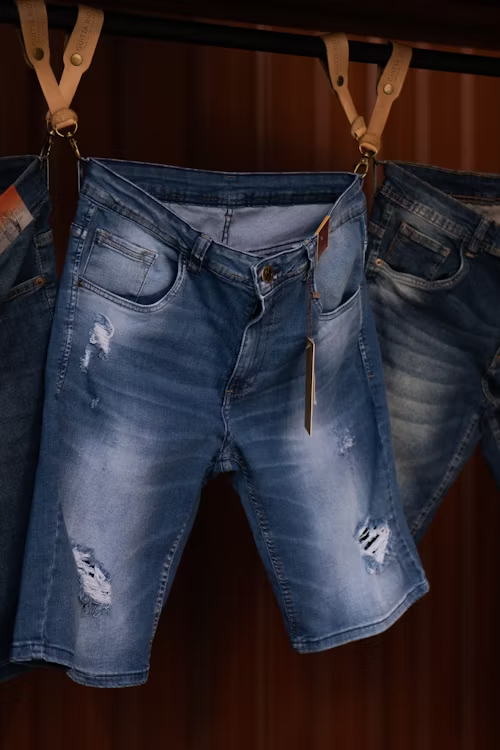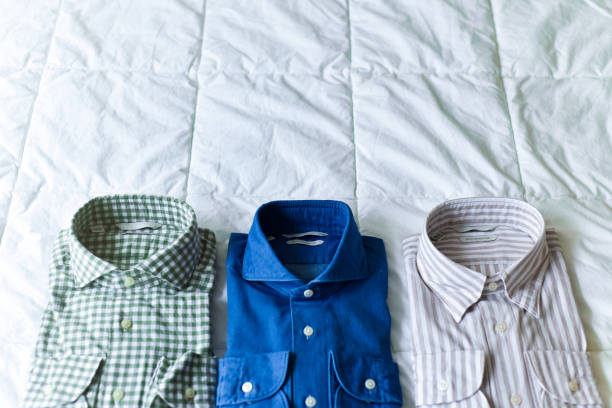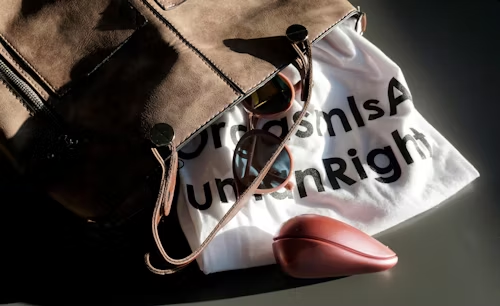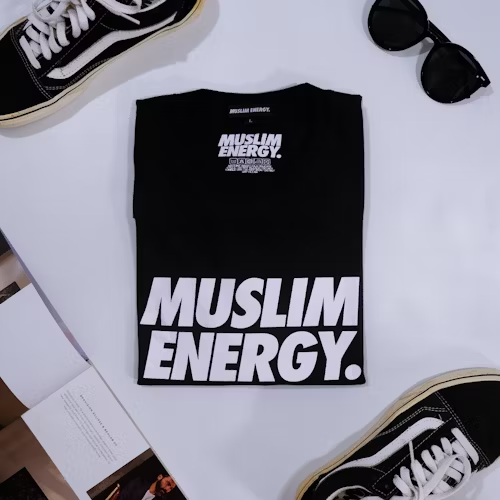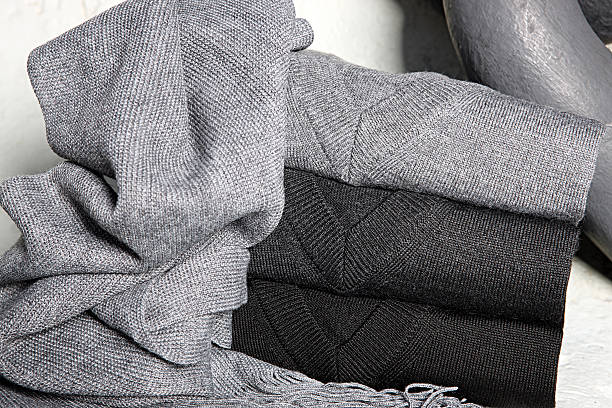Fabric shrinkage is a key consideration for wholesalers, retailers, and brands in the custom apparel industry. Understanding how shrinkage affects custom clothing orders can help you avoid sizing issues and maintain quality. Here’s what you need to know.
1. What is Fabric Shrinkage?
Shrinkage happens when fabric contracts after washing or exposure to heat. It can cause garments to shrink in size, which is problematic for businesses that rely on consistent fit and quality.
2. Causes of Fabric Shrinkage
- Fabric Type: Natural fibers like cotton shrink more than synthetic fabrics like polyester.
- Fabric Weave: Loosely woven fabrics tend to shrink more.
- Washing & Drying: Hot water and high heat from dryers can cause fabrics to shrink significantly.
3. How Shrinkage Affects Custom Apparel Orders
- Size Inconsistencies: Shrinkage can lead to size discrepancies, which is problematic for wholesalers and retailers managing large orders.
- Design Distortion: Printed designs may become misaligned or distorted due to fabric shrinkage, affecting the final product.
- Customer Returns: Excessive shrinkage after washing can lead to returns and dissatisfaction.
4. How to Minimize Fabric Shrinkage
- Choose Pre-Shrunk Fabrics: Pre-shrunk fabrics reduce post-wash shrinkage.
- Opt for Fabric Blends: Blends like cotton-polyester are less prone to shrinkage.
- Test Samples: Always test fabrics before placing large orders to ensure quality.
- Provide Care Instructions: Recommend cold washing and air drying to minimize shrinkage.
5. Best Fabrics for Minimizing Shrinkage
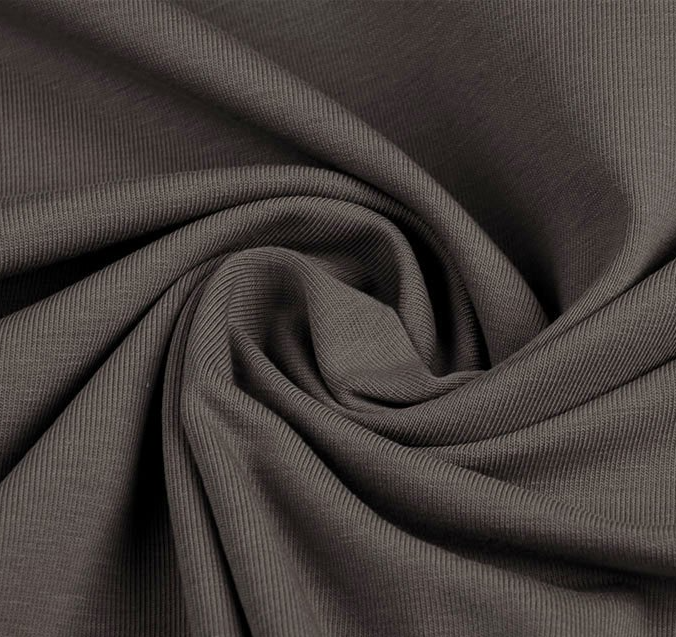
- Polyester: This synthetic material is highly resistant to shrinkage, making it a reliable choice for custom apparel that needs to maintain its shape and size.
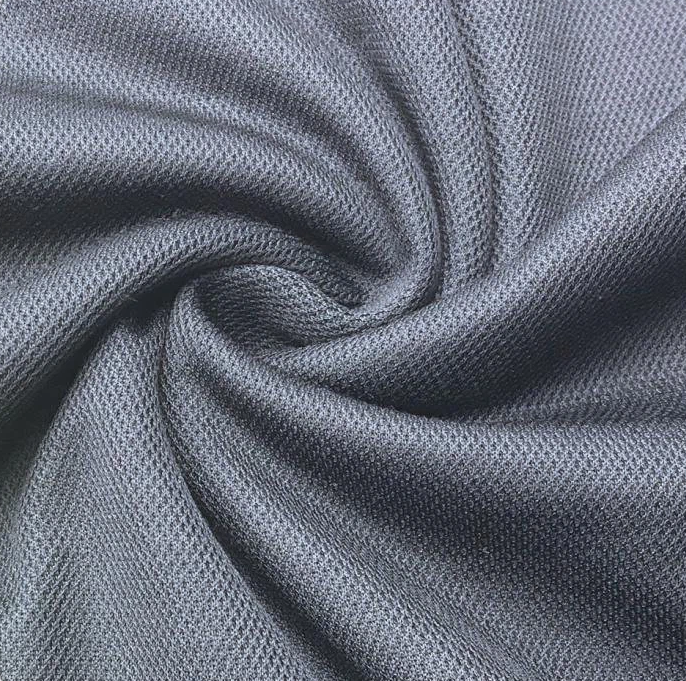
- Cotton-Polyester Blends: A mix of cotton and polyester provides the best of both worlds: the softness of cotton and the durability and shrinkage resistance of polyester.
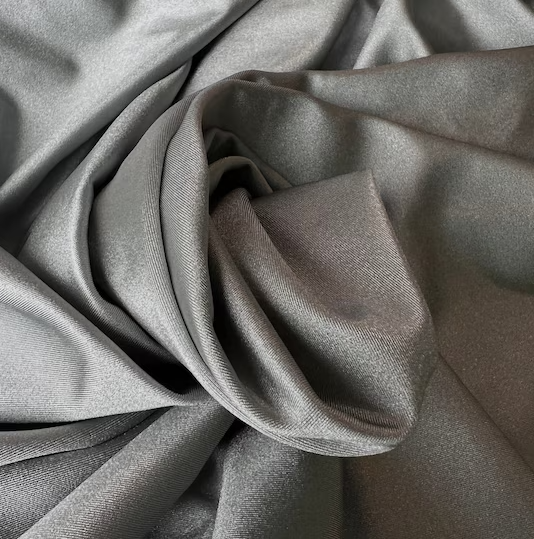
- Nylon & Spandex: These fabrics offer excellent stretch and resistance to shrinkage, making them ideal for activewear and other custom pieces that require flexibility.
6. Fabric Shrinkage Considerations for Wholesale Orders
If custom clothing, select fabrics that are shrinkage-resistant to ensure consistent sizing and high-quality prints. This will help reduce customer complaints and returns.
Conclusion
Fabric shrinkage is a common challenge, but with the right fabric selection and careful testing, wholesalers and retailers can ensure custom apparel remains consistent in size and quality. By understanding and controlling shrinkage, you can meet customer expectations and avoid costly issues.


